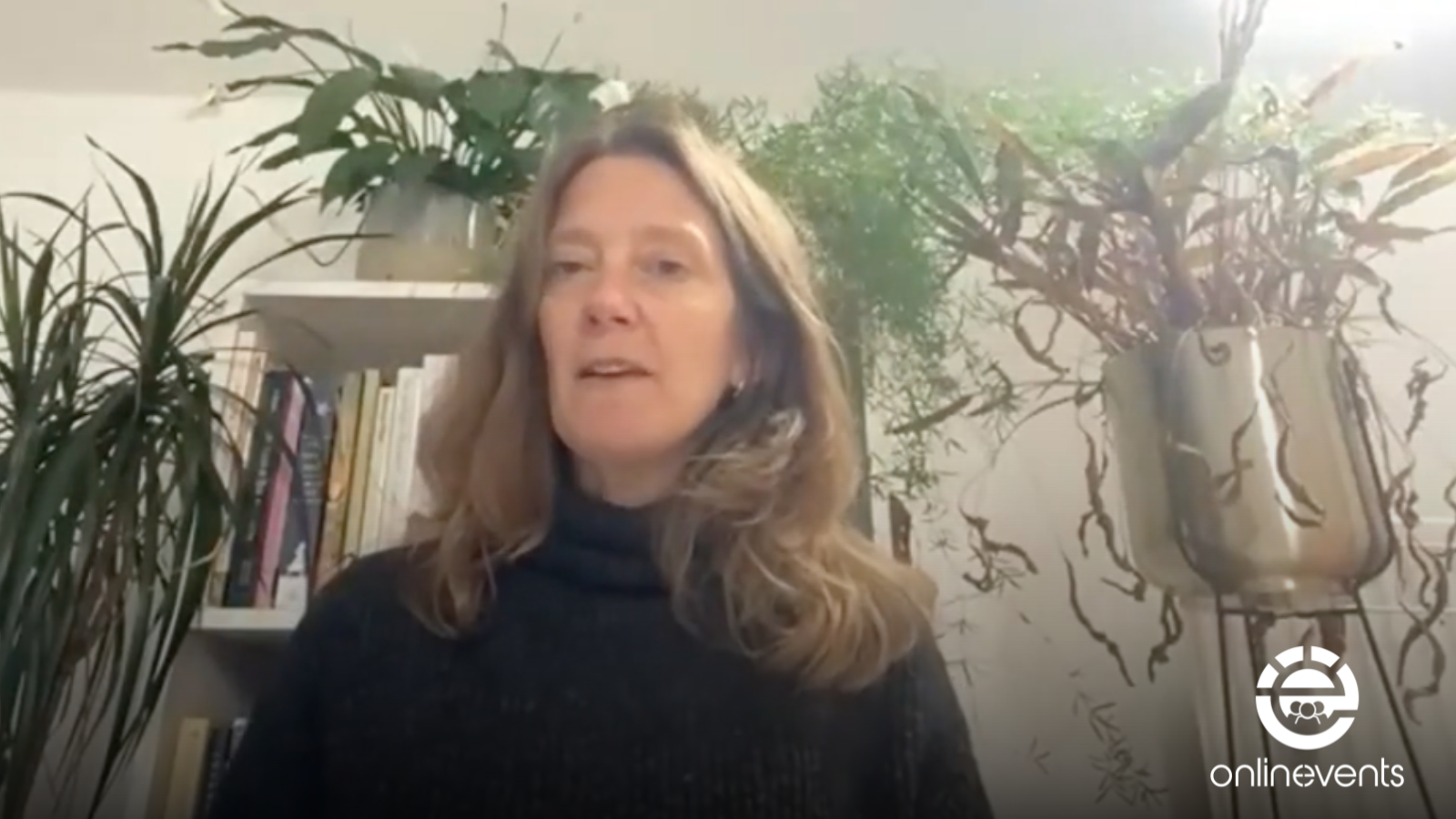This 2-hour workshop sets out to provide you with a solid foundation in polyvagal theory and how it translates to practice – empowering both you and your clients.
Workshop Details
Polyvagal theory comes into many trauma trainings but most of us only have a vague understanding of what it actually means. This 2-hour workshop sets out to provide you with a solid foundation in polyvagal theory and how it translates to practice – empowering both you and your clients.
Not only will you learn about the science of polyvagal theory but importantly how you can bring it effectively into your client work to help you understand your clients nervous system and to help them understand their adverse habitual reactions to daily circumstances.
Understanding polyvagal theory will empower you as a therapist and go onto empower your clients enabling long lasting change for your clients and giving you the confidence to work with a wide variety of trauma presentations.
Learning Objectives
- A deeper understanding of the nervous system
- How to identify a client’s nervous system default state
- How to apply polyvagal theory to practice
Who is This Workshop Appropriate For?
- Qualified and trainee counsellors and anyone with an interest in trauma, health and wellbeing
How May This Workshop Impact Your Practice?
- By better understanding their client’s trauma defences and how to work with these
Course Content
Presenter

Kate Williams has been in therapeutic practice since 2009 with a background in counselling in further education. She currently runs a busy private practice, works with NHS clients and enjoys running workshops for onlinevents and staff wellbeing workshops for NHS Hull & Humberside.
Kate is centre manager for the Bedfordshire Centre for Therapeutic Studies where she teaches on the CPCAB L5 in Somatic Trauma Therapy course & L2 Award in Breathwork Coaching as well as the Level 4 in Therapeutic Counselling.
Kate has a passion for bringing the body into her practice supporting clients to release the trauma that is held within their bodies. Kate is know for her relaxed teaching style, experiential somatic practices and skill of bringing theory to life and making it applicable.


